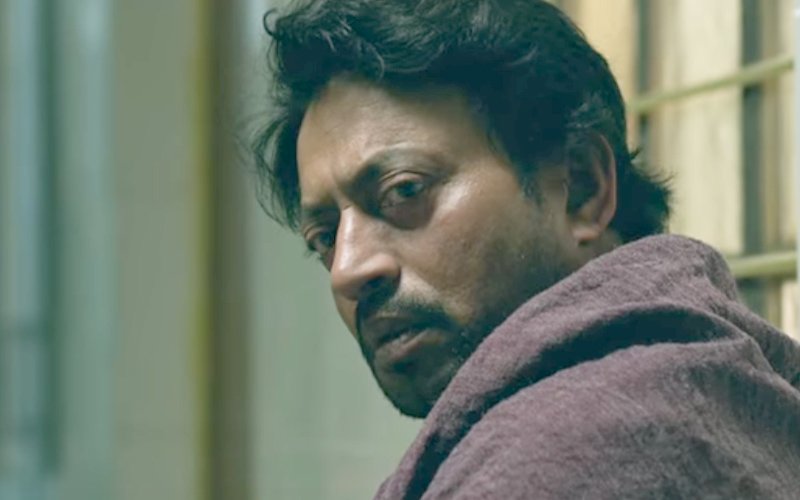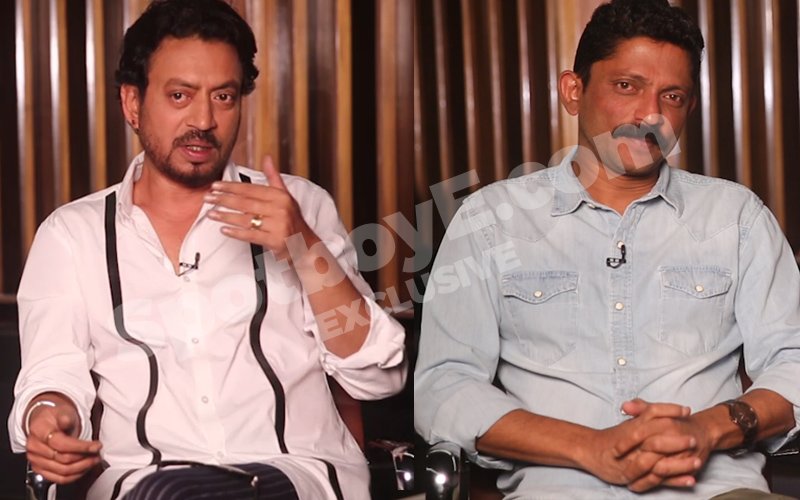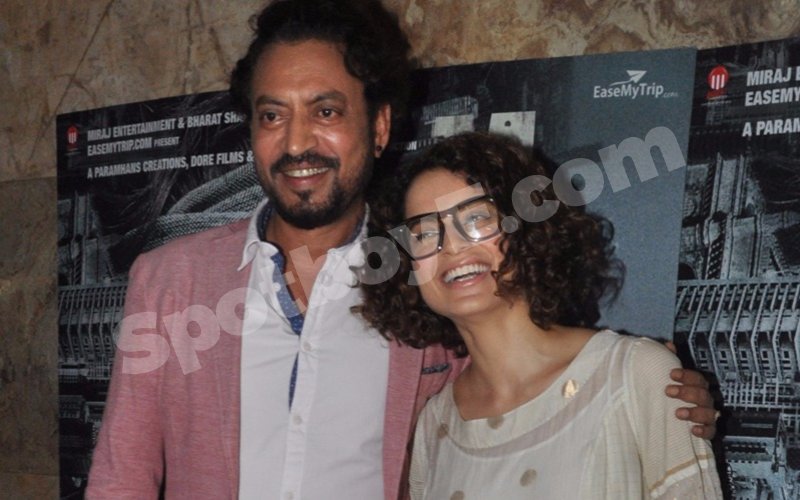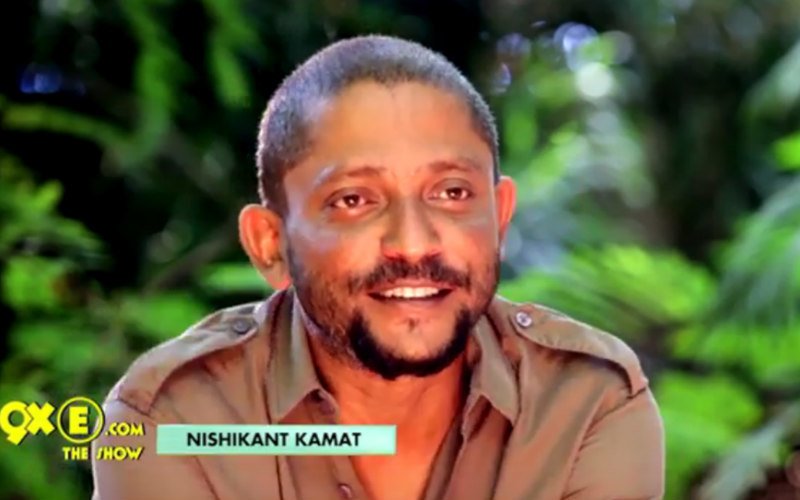Movie Review: Madaari…oh oh, back to the good, bad and the corrupt
Here's the latest update from the world of Bollywood. We bet you wouldn't want to miss this. Read on for details... Familiar vigilante drama is redeemed by Irrfan Khan


His tears are for real. When his seven-year-old son dies following a bridge collapse, the father’s breakdown is not only inevitable but so heart-rending that the audience shares his grief instantaneously. Tragedy on the screen, oftentimes, blurs the lines between the real and the recreated.
In fact, that one scene in director Nishikant Kamat’s Madaari – imagined from the devastation caused by the September 2012 collapse of the under-construction metro rail bridge in Mumbai, Andheri – is a slap on the face of a governance which thrives on corruption, scams and miscellaneous forms of callousness.
Indeed traditionally, the answer for movie reformists – ranging from Amitabh Bachchan (Shahenshah, Inquilaab) and Kamal Haasan (Indian) to Naseeruddin Shah (A Wednesday) to cite just a few – is to transform overnight into vigilantes. That they can take the law into their own hands and teach the bad Establishment-wallas a lesson or two, alas merely amounts to wishful thinking.
And this is where the story by Shailja Kejriwal and screenplay-dialogue by Ritesh Shah tread on the much-ploughed terrain, venturing into a utopian world, where a tit-for-tat agenda can stem the rot exacerbated by politicians who exhale greed instead of oxygen.
The dramaturgy, then, is clearly déjà vu, right from the credit titles which flash back to newspaper headlines of mega-misdeeds and misdemeanours which have rocked the nation – a device which has already been patented by Prakash Jha. Truly, how you wish Kamat and Co. had adopted a more investigative approach into the Andheri bridge tragedy. What for instance, happens to the compensations, however small, which are offered to the families of the victims? How many hoops have to be jumped through to actually get the paltry amount of money? But then that’s another story perhaps.
On the upside, the film certainly opts for a relatively more realistic style. In the event, you’re engrossed particularly during the many emotionally turbulent moments. Like another bereaved father who talks pragmatically about his son, who was about to take off for further studies in Boston.
Then there is a minister’s near-editorial (pertinent for once) asserting that it isn’t the individual politicians who’re to blame but the entire polity which has gone awry by prioritising personal gain rather than public welfare. In addition, the revolutionary poet Faiz Ahmed Faiz’s verses have been effectively used to end the full of sound-and-fury 133-minute-long vigilante drama.
No free tickets for guessing that the vigilante Madaari (literally meaning juggler) happens to be the classic common man. Or Nirmal Kumar (Irrfan Khan). After his son’s death, he hatches a plan to kidnap the Home Minister’s knee-high son (Vishesh Bansal) which turns out to be quite easily achieved than imagined. Subjecting the minister (Tushar Dalvi) to phone calls, Nirmal is smarter and always brainwaves ahead of the investigating officer (Jimmy Sheirgill). Now, why isn’t that surprising?
Gratifyingly, a bond develops between Aam Aadmi Vigilante and the abducted kid, a sort of Dennis The Menace brat who straightens up or almost. The interplay between the two accounts for thoroughly engaging vignettes. Next: a television channel becomes the place to go to, resulting in a predictable wrap-up.
Yup, so there it is, an all-too familiar theme served on an idealistic platter. That apart, Madaari does leave an impact, thanks majorly to its acting ensemble. Practically, every supporting player is inspired. And Irrfan Khan is the project’s strongest spine. Brooding or outraged, Khan’s faultless emotive pyrotechnics make the film as compelling as scanning the news every morning.
Bottomline: Worth a dekko.
Image Source: youtube/t-series






_2025-4-24-2-22-32_small.jpg)
_2025-4-24-10-29-56_small.jpg)
_2025-4-24-9-47-34_small.jpg)

